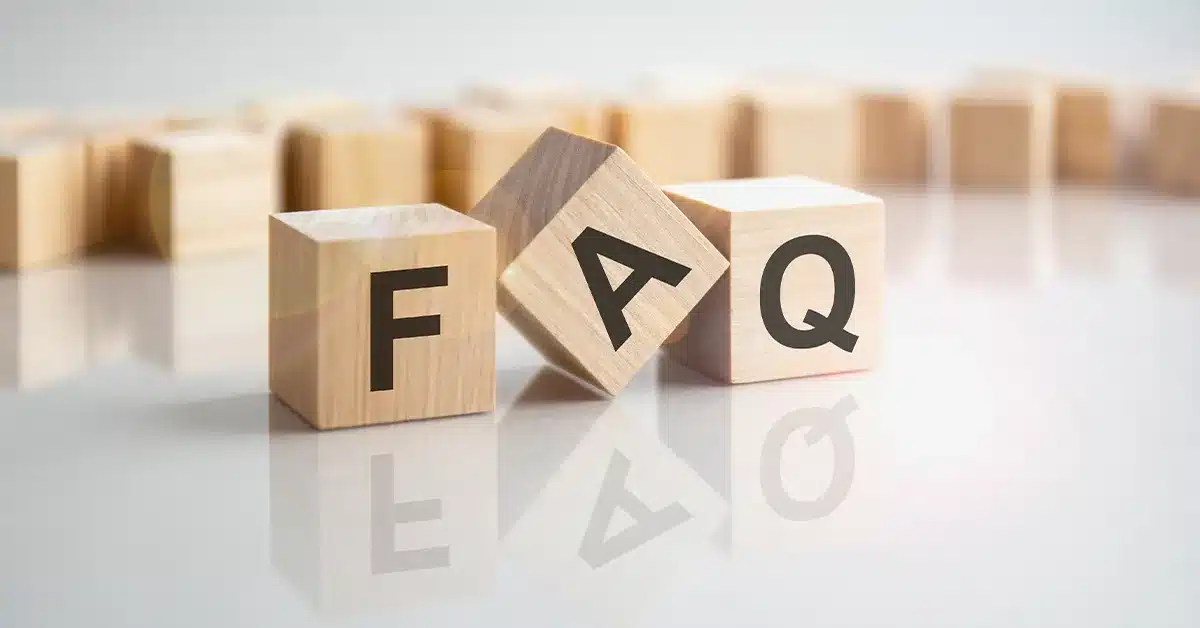Russia has become one of the sought-after destinations for Indian students to study MBBS Abroad. However, since it is a foreign country, many Indian parents and students often asked several questions relating to the type of educational courses, culture, about the country and its people, and more. This guide aims to address the most common and pressing questions that prospective students might have regarding studying medicine in Russia. Whether you’re considering the option for its affordability, renowned medical universities, or global recognition, this guide aims to offer insights into various aspects of the journey.
1. Why should I consider studying MBBS in Russia?
Studying MBBS in Russia can be appealing due to the relatively affordable tuition fees and cost of living compared to many Western countries. Russian medical universities are often well-equipped and have a strong emphasis on practical training, which can be beneficial for medical students. The country boasts several world-renowned medical universities.
2. What is the eligibility criteria for MBBS in Russia?
Eligibility criteria can vary between universities, but generally, you’ll need to have completed high school or an equivalent qualification with a good score in subjects like Biology, Chemistry, and Physics. Some universities might also require you to clear an entrance exam or meet language proficiency requirements. Indian students seeking to study medicine must qualify the National Eligibility cum Entrance Test (NEET)
3. Is NEET required for MBBS in Russia?
Yes, to get admission for studying MBBS in Russia for Indian students, NEET is a mandatory examination. Students who qualify NEET can appear for FMGE and practice medicine in India after the completion of the course in Russia.
4. Is the MBBS program in Russia taught in English?
Yes, many Russian medical universities offer MBBS programs in English to cater to international students. Before deciding on the university for your MBBS in Russia, it is good to confirm with the university regarding the language of instruction. Although for academic purposes language is not a barrier, it is advised that you should learn some basic Russian language which can be helpful for daily life interactions with the local people and especially during your clinical rotation programs and internships.
5. Is MBBS from Russia recognized internationally?
The MBBS Degree from Top Medical Universities in Russia is generally recognized by many countries around the world – Europe, Asia, the US, etc. However, it’s important to check the recognition status of the specific university you’re interested in, as well as the requirements for practicing medicine in your home country. To get the NMC licensing certificate after MBBS from Russia for Indian Students, it is important to check if the particular university is approved by the NMC, India.
6. What is the duration of the MBBS program in Russia?
The duration of the MBBS program in Russia is typically six years. This includes both theoretical studies and practical training and one year of an Internship program.
7. How much does it cost to study MBBS in Russia?
The MBBS tuition fees can vary widely between universities. On average, the 6-year tuition fees for studying MBBS in Russia can range from around INR 15 Lakhs to INR 40 Lakhs for international students. Additionally, you’ll need to consider living expenses, which can vary depending on the city and your lifestyle.
8. Can international students work during their studies?
There are many universities in Russia that allow international students to work part-time during their studies. However, studying medicine is not a piece of cake, therefore, it is important to stay focused on your studies while you are in Russia.
9. How do I apply for a student visa for Russia?
To apply for a student visa, you’ll typically need an admission offer from a Russian medical university. Once you have the offer, you can apply for a student visa through the Russian consulate or embassy in your home country. The specific requirements and process can vary, so it’s best to check with the relevant authorities. Rus Education also helps students with their visa application apart from the university admission, so if you need assistance applying for a student visa, Rus Education’s experts can help you complete the application.
10. What is the quality of medical education in Russia?
Russian medical universities are known for providing a comprehensive education with a strong focus on practical training. However, the quality can vary between institutions. It’s a good idea to research the university’s reputation, faculty, and facilities before making a decision. Universities including Perm State Medical University, Orenburg State Medical University, Mari State University, Pskov State University, and Tula State University offer the best medical education to students seeking to pursue medicine in Russia at an affordable cost.
11. Can I pursue postgraduate studies or specialization after completing my MBBS in Russia?
Yes, after completing your MBBS in Russia, you can pursue postgraduate studies or specialization in various medical fields. Many Russian universities offer postgraduate programs for medical students to further their education and expertise.
12. What are the living conditions and accommodation options for Indian students in Russia?
Living conditions and accommodation options can vary depending on the city and university. Some universities provide on-campus dormitories for international students, while others might offer assistance in finding off-campus housing. It’s important to consider factors like safety, convenience, and cost when choosing your accommodation. At our universities in Russia, Indian students are provided well-furnished accommodations with access to basic amenities including Mess facilities with Indian food.
13. How is the cultural experience for Indian students in Russia?
Studying abroad offers a unique cultural experience. Russia has a rich cultural heritage and diverse traditions. Indian students studying MBBS in Russia have the opportunity to immerse themselves in a new culture, interact with local students as well as other foreign students, and explore historical landmarks during their stay.
14. Are scholarships available for Indian students pursuing MBBS in Russia?
While scholarships for MBBS programs in Russia might be limited, some universities and organizations offer financial aid or merit-based scholarships. If you are looking for an opportunity to obtain scholarships for your MBBS degree, research scholarship opportunities early and check if you meet the eligibility criteria for the same.
15. What is the process for clinical rotations and internships during the MBBS program?
Clinical rotations and internships are crucial parts of medical education. Understanding how these practical training components are integrated into the curriculum, where they take place, and the opportunities for hands-on experience can be important factors in choosing a university.
16. How is the safety and security of international students ensured in Russia?
Safety is a top concern for international students. Before opting for an opportunity to study MBBS in Russia, research the safety measures taken by the university and the city to ensure the well-being of students. Familiarize yourself with local laws and emergency contacts as well.
17. Can I transfer from a medical university in my home country to Russia?
Some universities might allow transfer students, but the process and requirements can be complex. If you’re considering transferring to a Russian medical university, contact both your current university and the target university for detailed information. According to the latest notification from the NMC, students must complete their MBBS Degree from the same university and must also pursue an internship within the same institution.
18. What is the student-to-faculty ratio in Russian medical universities?
The student-to-faculty ratio can impact the quality of education and individual attention you receive. A lower ratio often means more personalized interaction with professors and better support. At the Top Medical Universities in Russia, the student-to-teacher ratio is 7:1.
19. Are there any medical entrance coaching programs for Indian students in Russia?
Some universities or external organizations might offer coaching or preparatory programs to help Indian students adapt to the curriculum, language, and medical practices in Russia. At the Top medical universities in Russia, Indian students are provided FMGE/NExT coaching by experts from India to help Indian students familiarise themselves with the FMGE pattern and improve their knowledge for the same.
20. Can I practice medicine in Russia after completing my MBBS there?
International students might face certain challenges in practicing medicine in Russia due to licensing and language requirements. It is advised that you do thorough research on the regulations and procedures if you’re considering the option of practicing medicine in Russia after MBBS program.
21. How do I adapt to the weather and climate in Russia as an international student?
Russian weather can vary greatly depending on the region and the time of year. Enquire about the same and prepare for the climate by bringing appropriate clothing and essentials, and learn how to navigate the local weather conditions.
In conclusion, remember to do thorough research and consider all aspects before making a decision about studying MBBS in Russia. It’s also recommended to reach out to the chosen university directly for the most accurate and up-to-date information.




